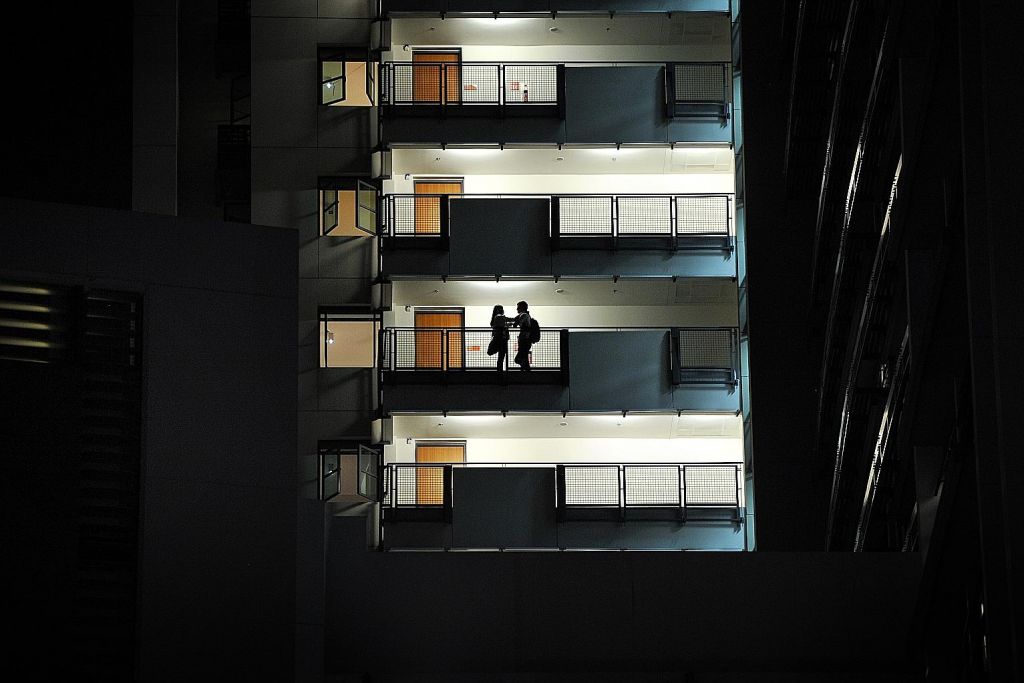4 in 10 think false sexual harassment reports are a bigger problem than unreported acts: Study
Sign up now: Get ST's newsletters delivered to your inbox

The study also found that 40 per cent of respondents feel that false accusations of sexual harassment are becoming more common here.
PHOTO: ST FILE
SINGAPORE - Are false accusations of sexual harassment a bigger problem for Singapore society than unreported acts?
Four in 10 here seem to think so, according to a recent study done by independent research firm Ipsos. The study's findings were released on Wednesday (March 6).
The online survey of 1,019 Singapore citizens and permanent residents interviewed between Jan 30 and Feb 2 also found that this perspective was more prevalent among those who are younger and middle-aged, with 45 per cent of those aged 18 to 49 holding this view.
This is despite the number of actual cases of false reporting being very small.
In the close to 2,000 cases it has seen over the past five years, the Association of Women for Action and Research (Aware) said it has come across only one or two cases of possible false reporting.
And for those cases, the complainant was often pressurised to make a false report by a partner or parent, it told The Straits Times.
Worldwide, only between 2 to 10 per cent of reports are estimated to be false, said Aware executive director Corinna Lim.
"Ipsos' survey findings are certainly worrisome for anyone invested in gender equality in Singapore… Our work at Aware indicates to us how misguided and harmful that belief is," Ms Lim said.
She added that in Singapore, providing false information to the police is itself a crime.
A substantial number of victims - seven in 10 - do not report being sexually harassed and the No. 1 reason for this is the fear of not being believed, she added.
The study also found that 40 per cent of respondents feel that false accusations of sexual harassment are becoming more common here.
More men felt this way, with close to half (48 per cent) agreeing or strongly agreeing with the sentiment, while only a third (33 per cent) of the women thought similarly.
Of those surveyed, 45 per cent thought that women who wear revealing clothes should not complain if men make comments about their appearance - a perspective shared quite equally between men and women.
The sentiment was more commonly held (52 per cent) by those above 50.
Ipsos associate research director Robert McPhedran noted that the survey also points to pervasive conservative views about women's skills and the gender wage gap.
A third (32 per cent) believe that men and women are not getting paid the same for doing the same job in Singapore.
This view was held by more women, at 40 per cent, especially among younger women aged between 18 and 24 (50 per cent).
According to those surveyed, the top three most important issues facing women and girls in Singapore are balancing work and caring responsibilities (41 per cent), sexual harassment (31 per cent) and physical violence (19 per cent).


